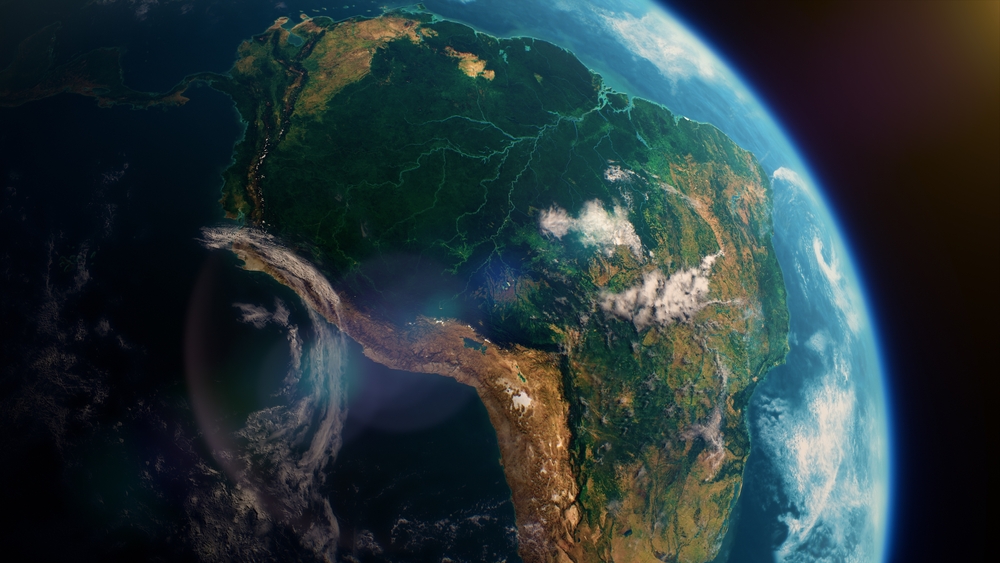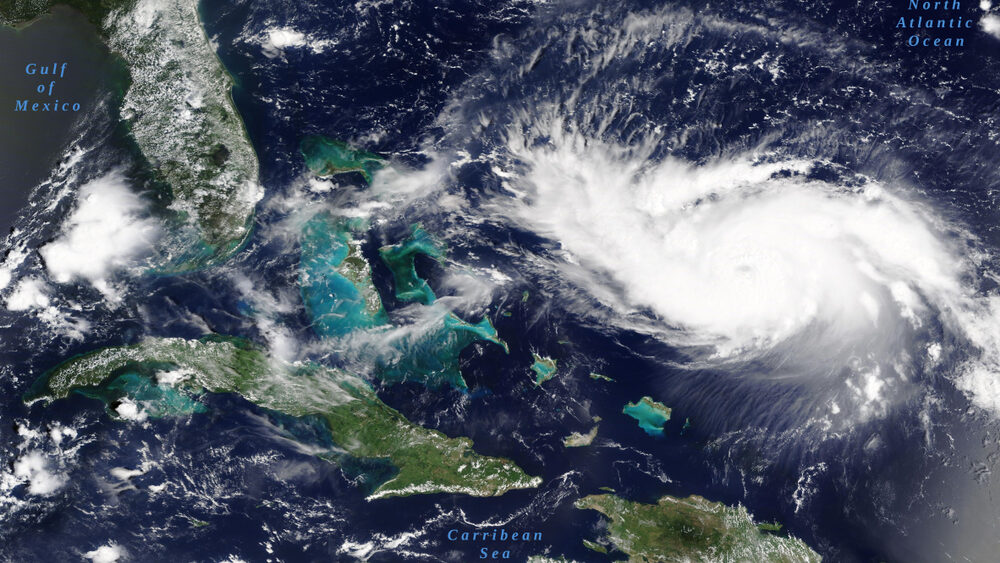What do you think would happen if the Earth came to a sudden stop? It sounds like the plot of a sci-fi movie, but it’s a question that intrigues scientists and curious minds alike. Earth’s rotation is something we take for granted, but it’s crucial to life as we know it. From maintaining day and night cycles to driving weather patterns, our planet’s spin plays a major role in keeping things balanced.
In this blog post, we’ll explore the catastrophic and fascinating effects of a non-rotating Earth. From global chaos to strange gravitational shifts, here’s what you need to know about what would happen if the Earth stopped spinning. We’ll also cover the science behind Earth’s rotation, the forces at play, and what it tells us about how our planet works.
Why Does the Earth Spin in the First Place?
Before diving into the consequences, let’s understand why the Earth spins. The Earth started spinning billions of years ago when it was formed from a collapsing cloud of gas and dust. The conservation of angular momentum caused this mass to rotate. Since space is mostly frictionless, there’s nothing to slow the spin down significantly—at least not quickly.
Today, Earth rotates at about 1,670 kilometers per hour (1,040 miles per hour) at the equator. This rotation gives us our 24-hour day and drives the rhythm of life on the planet.

Ever wondered what would happen if the Earth just stopped spinning?
The keyword here is suddenly. If the Earth stopped spinning all at once, the results would be catastrophic:
1. Massive Destruction from Momentum
Everything on Earth is currently moving with the planet. If the Earth suddenly stopped, the momentum of the oceans, atmosphere, and everything not solidly anchored would continue moving at over 1,000 mph. This would cause:
- Giant tsunamis and floods as water is displaced
- Destruction of infrastructure and buildings
- Extreme winds and atmospheric chaos
2. A Day That Lasts a Year
Without rotation, we’d no longer have a 24-hour day. Instead, one side of the planet would face the Sun for half the year (scorching heat), while the other side would be in darkness (freezing cold) for the other half. Life as we know it would not survive such extreme temperature swings.
3. Collapse of the Magnetic Field
Earth’s rotation helps generate the geomagnetic field through the motion of its liquid iron core. If the spin stopped, this movement would eventually cease, weakening or eliminating the magnetic field. That would:
- Expose us to harmful cosmic radiation
- Disrupt GPS, communication systems, and animal migration
4. Gravity Would Feel Different
At the equator, Earth’s spin slightly counteracts gravity, making us weigh a tiny bit less. If the Earth stopped spinning:
- Gravity would feel stronger, especially near the equator
- The planet’s shape would gradually become more spherical (it’s currently an oblate spheroid due to its rotation)
5. Disrupted Weather and Ocean Currents
The Coriolis effect, caused by Earth’s rotation, drives wind and ocean currents. Without it:
- Weather systems would change drastically
- Jet streams would vanish
- Ocean circulation would slow or stop, affecting marine life and climate

What If Earth Stopped Spinning Gradually?
If Earth slowed down over millions of years, the effects would be less dramatic, but still significant:
- Days and nights would become longer
- Climate zones would shift
- Life would evolve or adapt to the changes
The Moon would also move farther away, as it currently exerts tidal forces that slow Earth’s spin slightly over time. This process is already happening—but extremely slowly.
Could the Earth Ever Stop Spinning?
Technically, yes—but not for billions of years. The Earth is slowly spinning more slowly over time because of the Moon’s pull on it. Scientists estimate that a day increases by about 1.7 milliseconds per century. At that rate, it would take billions of years for the Earth to stop rotating entirely.
It’s also important to note that Earth won’t stop spinning on its own suddenly. Only an enormous cosmic event, like a massive asteroid collision, could cause an abrupt halt—and that would have its own catastrophic consequences.
Final Thoughts
The idea of Earth stopping its spin may sound like a science fiction scenario, but thinking about it reveals just how delicate and interconnected our planet’s systems really are. From gravity to weather patterns to magnetic protection, the Earth’s rotation plays a critical role in making life possible.
While we don’t need to worry about our planet hitting the brakes anytime soon, imagining what would happen if the Earth stopped spinning gives us a deeper appreciation of how our world works—and how easily it could change under different conditions.


